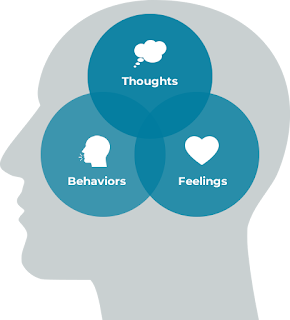Therapist OCD: Finding the Right Professional for Your Needs

Therapist OCD is a phenomenon that is not often discussed in the mental health community. It is a condition where therapists experience obsessive-compulsive symptoms related to their work, such as excessive worry about their clients' well-being or fear of making a mistake. This can lead to burnout, anxiety, and a decreased ability to provide effective treatment. Therapist OCD can manifest in many ways, such as constantly checking and rechecking notes, feeling the need to excessively prepare for sessions, or experiencing intrusive thoughts about clients. It is important to note that therapist OCD is not a diagnosis in and of itself, but rather a subtype of OCD that is specific to mental health professionals. Despite its prevalence, therapist OCD is often stigmatized and can be difficult for therapists to discuss openly. It is crucial for therapists to recognize and address any symptoms of therapist OCD they may be experiencing in order to provide the best possible care for the...

